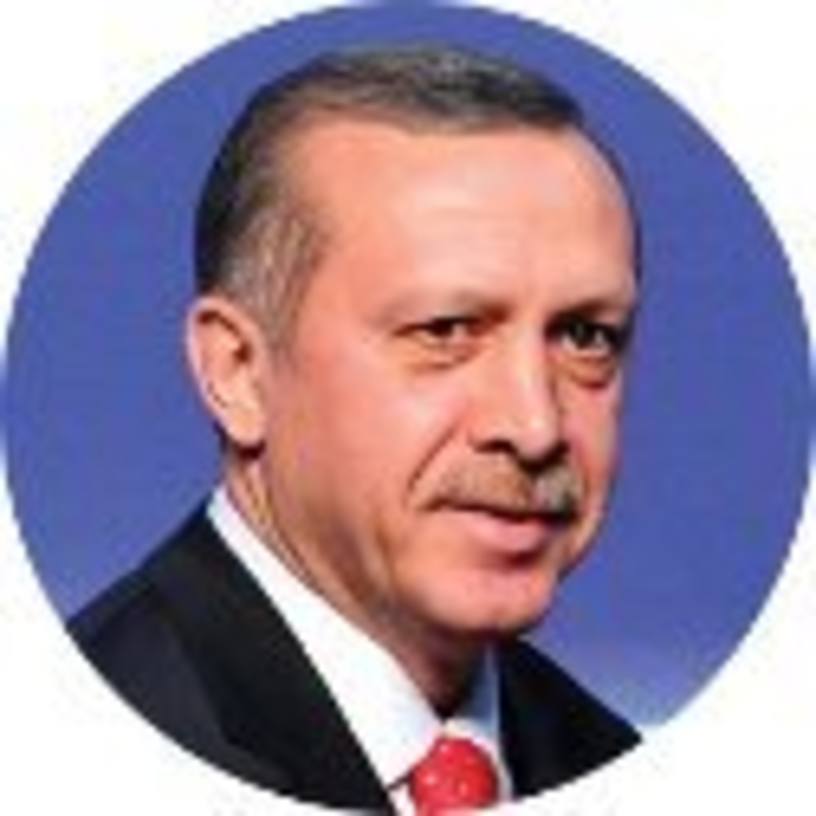Turkey has taken steps to turn Istanbul into a major international financial centre (IFC-Istanbul) to serve Eurasia, a vast area stretching from the Adriatic to the Chinese frontier, taking in the Middle East and north Africa, with which the country still shares cultural ties existing from Ottoman times. But sceptics say the plan is a fantasy.
Turkish influence in Eurasia has grown considerably since the break-up of the Soviet Union and Yugoslavia. Turkish companies, led by banks and telecommunications companies, are among the biggest investors in Albania, Azerbaijan, Bosnia-Herzegovina, Bulgaria, Georgia, Kazakhstan, Kosovo, Kyrgyzstan, Moldova, FYR Macedonia, Romania, Russia, Turkmenistan, Ukraine and Uzbekistan. Turkish companies are also top investors in a number of Middle East and north African countries, including Egypt, Iraq, Libya, Northern Cyprus and Tunisia.
A tall order
Prime minister Recep Tayyip Erdogan's government has given top priority in its ninth economic development programme (2007-13) to transform Istanbul into a fully fledged IFC and has enlisted the support of 300 representatives from more than 80 public sector agencies and private trade associations to help establish the legal framework for the entity. The government sees the IFC-Istanbul as a long-term project.
A State Planning Organization report on the subject says it is crucial to make the necessary changes to build a competitive infrastructure so that Istanbul can assume a significant role in directing the regional and global capital.
This is a tall order but Mr Erdogan thinks it is achievable. "Such an outcome is possible by continuous support from private sector agencies and civil society organisations," he has stated, citing the benefits for Istanbul and Turkey as a whole.
Mr Erdogan's administration is moving to change Turkey's regulatory approach and improve the tax system in order to integrate IFC-Istanbul into Turkey. It also intends to build a legal infrastructure that operates along international standards, to increase the diversity of financial products and services, strengthen the physical and technological infrastructure and ensure the educational system provides qualified people in required fields.
Two major institutions planned are specialised courts that will be able to deal with international trade and financial disputes, and a carbon exchange, where countries and corporations can buy and sell carbon credits to reduce global greenhouse gas emissions.
Some say that, with the rapid expansion of trade and emergence of new economic powers in the East, existing international financial centres such as London and New York will be unable to cope with the volume of business. This will require the decentralisation of financial services.
Many cities around the world have announced their candidacy as an international financial centre. Kuala Lumpur, for instance, is portraying itself as a centre for Islamic finance. Seoul posits itself as a regional financial centre serving the Far East. China wants Beijing to join the race and Madrid has positioned itself as a gateway to Latin America.
Long-term plan
Turkey's plans for Istanbul go back more than a decade, during which time it has established a modern stock exchange, a gold exchange and a gold refinery.
And Mr Erdogan has an unlikely ally in the project: Ersin Ozince, the president of the Banks Association of Turkey and CEO of Isbank, which is partially controlled by the opposition Republican People's Party.
Mr Ozince says the project will help Istanbul to attract more investment from abroad, including global asset management companies, and this will translate into jobs and greater wealth.
"If we don't establish an international financial centre in Istanbul, foreigners will come in and set it up themselves," warned Mr Ozince in an interview last autumn.
But the government's plans have many detractors and one bank executive describes the government's plan as a "pipedream". He notes that the infrastructure, including roads, telecommunications and water and power grids, are presently insufficient to carry the load of a global financial hub. He also notes that massive investment will be needed at Istanbul's stock exchange alone.
"Four transactions are carried out on the exchange per second, the number of transactions per second on the exchange would have to increase to 30 before Istanbul can claim to be an IFC."
Another bank executive says: "When it comes to international financial centres, there is only one: London."












